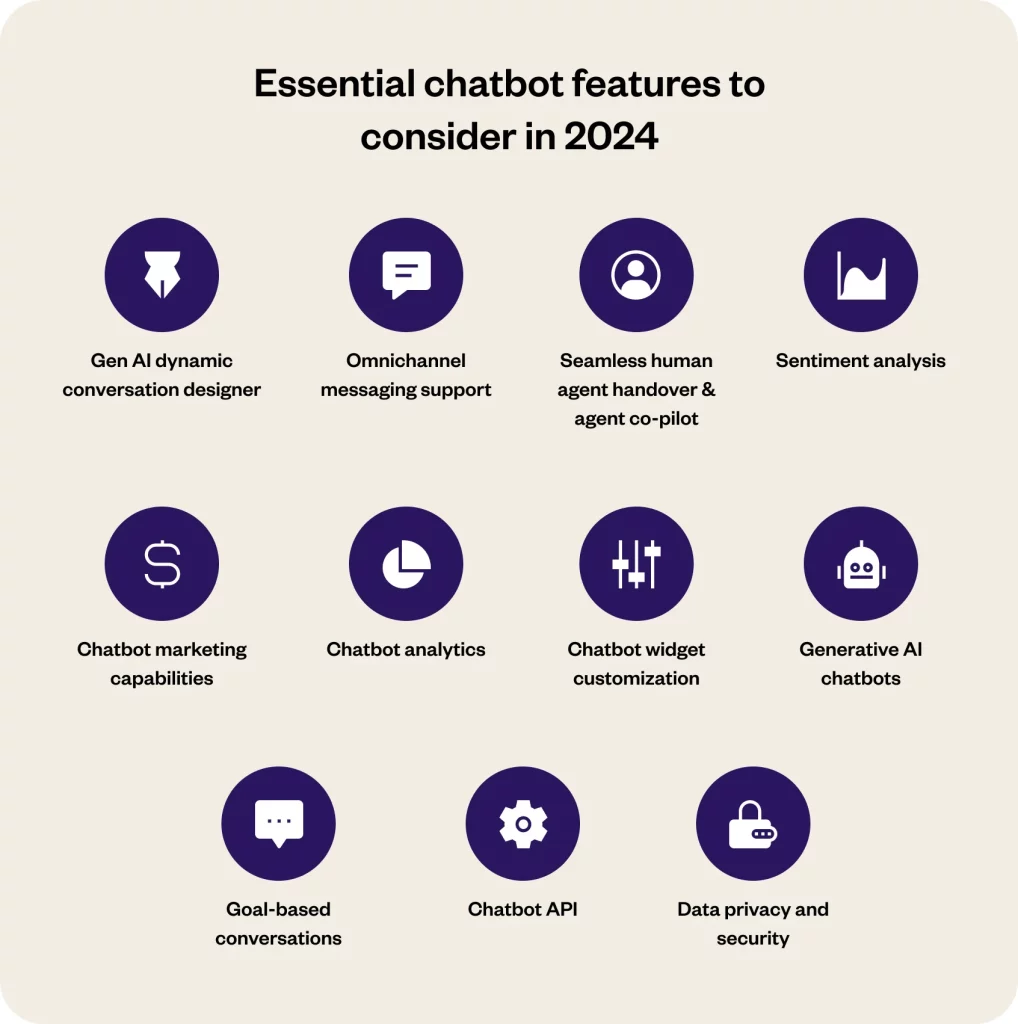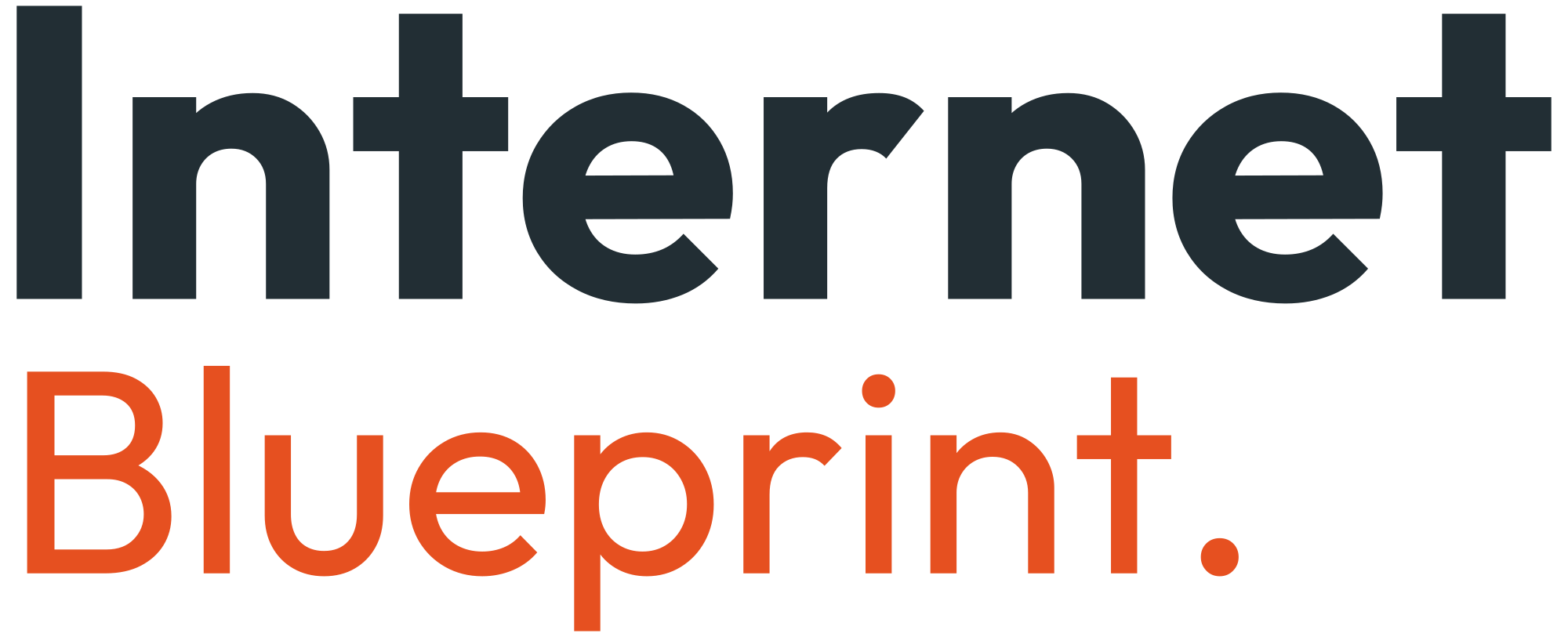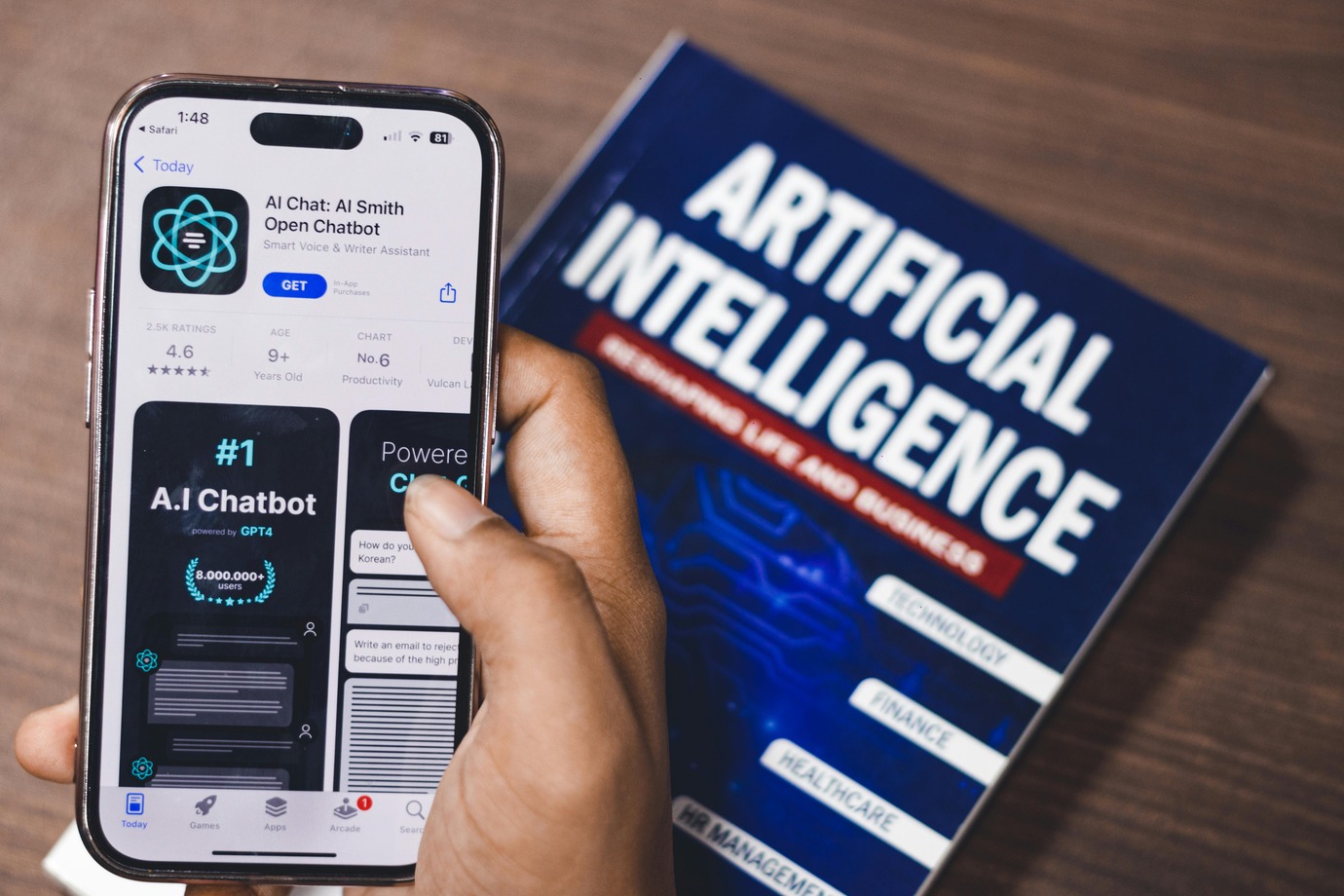
AI Chatbot Free: Top 2025 Options and Essential Comparison Guide
Estimated reading time: 8 minutes
Key Takeaways
- Free conversational AI tools now rival premium versions in capabilities
- GPT-4o and other advanced models are available without subscription
- Critical differences exist in features like web access and data privacy
- Ethical AI use requires understanding of data retention policies
Table of Contents
- The New Era of Accessible Conversational AI
- Unprecedented Capabilities in Free Chatbot Solutions
- 2025’s Leading No-Cost AI Assistants Compared
- Essential Selection Criteria for Intelligent Assistants
- What’s Next for AI Chat Technology?
The New Era of Accessible Conversational AI
Modern artificial intelligence chatbots represent a seismic shift in human-computer interaction. These machine learning-powered tools now handle complex tasks ranging from academic research to creative writing, available through zero-cost platforms that eliminated login requirements in 2024. The surge in demand for free AI conversation tools stems from their democratization of advanced technology – students can now access thesis-writing aids, entrepreneurs prototype business ideas, and curious minds explore AI’s potential without financial barriers.
As noted in TechTarget’s 2025 analysis, today’s free-tier chatbots achieve what required paid subscriptions just 18 months prior. The driving force? Fierce competition between tech giants and startups racing to capture the growing AI-as-a-service market. This arms race benefits users through unprecedented access to models like GPT-4o, once exclusive to ChatGPT Plus subscribers. However, as we’ll explore, not all no-cost AI assistants are created equal.
Unprecedented Capabilities in Free Chatbot Solutions
The 2025 landscape of complimentary AI chatbots shatters previous limitations. OpenAI’s free ChatGPT tier now offers multimodal capabilities – users can upload images for analysis, generate code snippets, and even access real-time web browsing. This technological leap, detailed in OpenAI’s core concept documentation, enables scenarios like a small business owner analyzing spreadsheet data through natural language queries or a student verifying historical facts against current research.
While power has increased, usage limits remain the primary differentiator between free and paid tiers. Most platforms impose daily query caps or restrict access during peak times. Microsoft’s Copilot navigates this balance through seamless integration with Office 365, offering enterprise-grade features in its free version while prioritizing commercial users during high traffic. For most personal and educational uses, these cost-free AI tools now provide more than adequate capacity.
2025’s Leading No-Cost AI Assistants Compared
Three platforms dominate the free AI chatbot space in 2025. ChatGPT’s latest iteration leads in academic applications, processing complex STEM queries with 92% accuracy according to TechTarget benchmarks. Microsoft Copilot excels in real-time data analysis, leveraging Bing’s search index to provide cited answers – a crucial feature for researchers. Anthropic’s Claude offers distinct advantages in ethical AI implementation, automatically filtering biased or harmful content as outlined in their transparency report.
Emerging alternatives like Perplexity AI and Google Gemini challenge these leaders through specialized approaches. Perplexity’s academic focus provides automatic source citations, while Gemini integrates deeply with Google Workspace. However, as ZDNet’s 2025 comparison shows, the big three maintain dominance through superior language understanding and broader feature sets. Users prioritizing creative tasks favor ChatGPT, while those needing business integrations lean toward Copilot.
Essential Selection Criteria for Intelligent Assistants
Selecting the optimal free conversational AI requires evaluating four key factors: output quality, privacy safeguards, customization depth, and ecosystem integration. Response accuracy varies significantly – ChatGPT generates longer, more detailed answers while Claude prioritizes concise responses. Privacy-conscious users should review each platform’s data retention policies and ethical guidelines, particularly regarding training data usage.
Advanced users exploring prompt engineering will appreciate ChatGPT’s flexibility in handling complex command chains. Those needing daily workflow integration benefit from Copilot’s Microsoft Teams compatibility. However, all free tiers share common limitations – most restrict API access and commercial use. As highlighted in TechTarget’s security analysis, temporary data retention remains standard practice across providers, necessitating caution when handling sensitive information.
What’s Next for AI Chat Technology?
The no-cost AI assistant market shows no signs of slowing. Industry analysts predict three key developments: expanded multimodal capabilities (voice/video processing), deeper third-party app integrations, and improved personalization through machine learning. Google’s recent Gemini updates already demonstrate early implementation of these trends, offering contextual awareness based on user history and preferences.
For most users, the current generation of free AI chatbots provides sufficient capability for personal and professional use. Our recommendation? Start with ChatGPT for general purposes, experiment with Copilot for research-intensive tasks, and consider Claude for content moderation needs. As these tools evolve, staying informed through resources like AI development timelines ensures you’ll maximize their potential while navigating ethical considerations.
FAQ: Free AI Chatbot Essentials
Q: How does GPT-4o in free ChatGPT differ from paid versions?
A: The free tier uses the same model but with rate limits during peak times, as detailed in ZDNet’s performance analysis.
Q: Which free chatbot works best for academic citations?
A: Microsoft Copilot and Perplexity AI automatically reference sources, unlike ChatGPT’s current free version.
Q: Are there completely private free AI chatbots?
A: Most retain conversation data temporarily. For true privacy, consider local-install options like Llama 3.
Q: Can I use these tools for commercial content creation?
A: Most free tiers prohibit commercial use – check each platform’s terms of service carefully.
Q: Do free chatbots support API integration?
A: API access typically requires paid plans, though Copilot offers limited Microsoft 365 integration.
Q: How often are free chatbot models updated?
A: Major providers update models quarterly, with security patches applied more frequently.
Q: Which platform handles non-English queries best?
A: ChatGPT supports 50+ languages, while Claude and Copilot currently focus on 12 major languages.
Q: Are there age restrictions for free AI chatbots?
A: Most require users to be 13+, with parental consent needed for 13-18 age groups in many regions.


